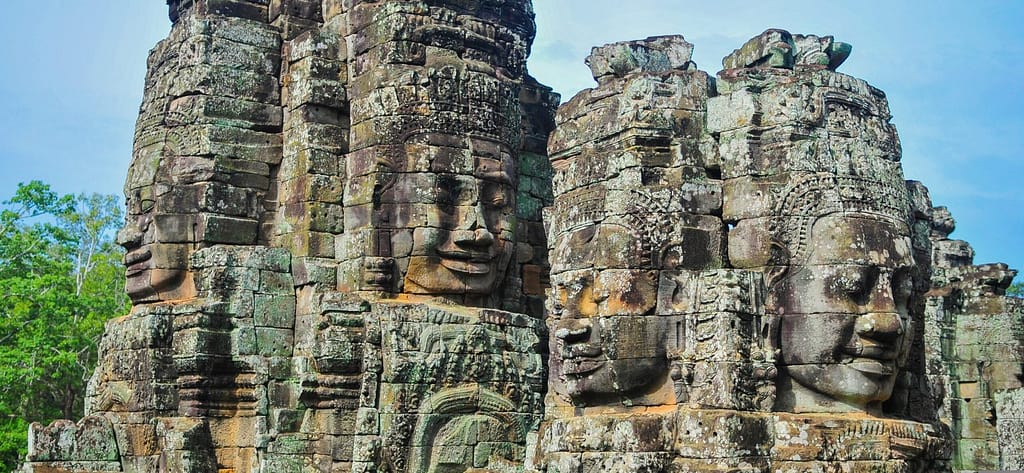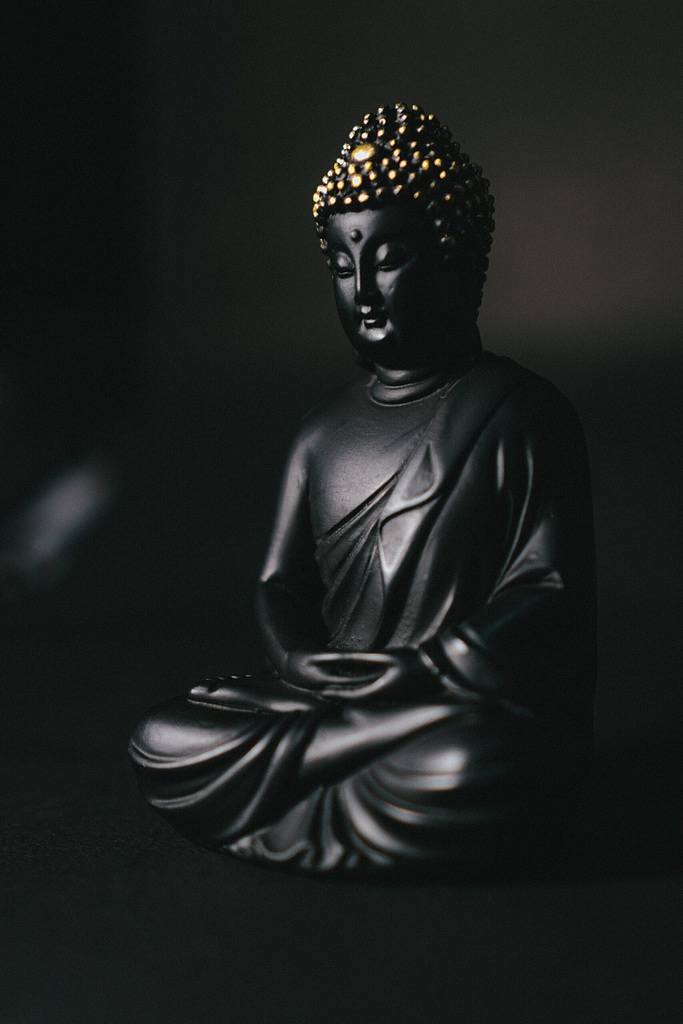Welcome to Southeast Asia, a region known for its rich cultural diversity and captivating history. One of the most fascinating aspects of this region is the multitude of religions that coexist harmoniously. From ancient traditions to modern faiths, Southeast Asia is a melting pot of religious beliefs that have shaped its people and their way of life. In this article, we will take a closer look at some of the prominent religions in Southeast Asia, their unique characteristics, and the impact they have on the region.
Buddhism: Finding Peace and Enlightenment
Buddhism, with its roots in India, has spread across Southeast Asia, becoming one of the most widely practiced religions in the region. The teachings of Buddha emphasize the importance of self-discovery, compassion, and finding inner peace. From the magnificent temples of Angkor Wat in Cambodia to the serene pagodas of Myanmar, Buddhism has left an indelible mark on the landscape and spirituality of Southeast Asia.
Islam: A Pillar of Faith
Islam, introduced to Southeast Asia by Arab traders centuries ago, has become the predominant religion in countries such as Indonesia and Malaysia. The Islamic faith provides a foundation for moral guidance, social cohesion, and personal spirituality. Mosques, with their intricate designs and towering minarets, are not only places of worship but also symbols of Islamic heritage in Southeast Asia.
Hinduism: A Tapestry of Gods and Goddesses
Hinduism, originating in the Indian subcontinent, has a significant presence in Southeast Asia. The ancient temples of Angkor in Cambodia and Prambanan in Indonesia are testaments to the enduring influence of Hinduism in the region. With its pantheon of gods and goddesses, Hinduism offers a diverse range of beliefs and rituals that have become an integral part of Southeast Asian culture.
Christianity: The Arrival of a New Faith
Christianity was introduced to Southeast Asia by European colonizers during the colonial era. Today, it has gained a significant following in countries like the Philippines, East Timor, and Vietnam. Churches, with their stunning architecture and vibrant communities, serve as places of worship and centers for social activities, fostering a sense of unity among Christians in the region.
Confucianism and Taoism: The Philosophical Traditions
While not considered religions in the traditional sense, Confucianism and Taoism have had a profound influence on the cultural fabric of Southeast Asia. These philosophical traditions, originating in China, emphasize moral values, harmonious relationships, and the pursuit of wisdom. Temples dedicated to Confucius and Taoist deities can be found in countries like Singapore and Vietnam, serving as reminders of their enduring legacy.
Syncretism and Folk Religions: Blending Beliefs
In addition to the major religions, Southeast Asia is also home to a myriad of syncretic and folk religions. These belief systems often combine elements from various faiths, including animism, ancestor worship, and local traditions. The diversity of these religions reflects the cultural tapestry of the region, with rituals and ceremonies that celebrate the interconnectedness of nature and humanity.
Diverse Religions
Southeast Asia is a captivating tapestry of religions, each contributing to the vibrant cultural mosaic of the region. From the tranquility of Buddhist temples to the grandeur of Islamic architecture, the diverse religious traditions of Southeast Asia offer a glimpse into the spiritual beliefs and practices that have shaped the lives of its people.








